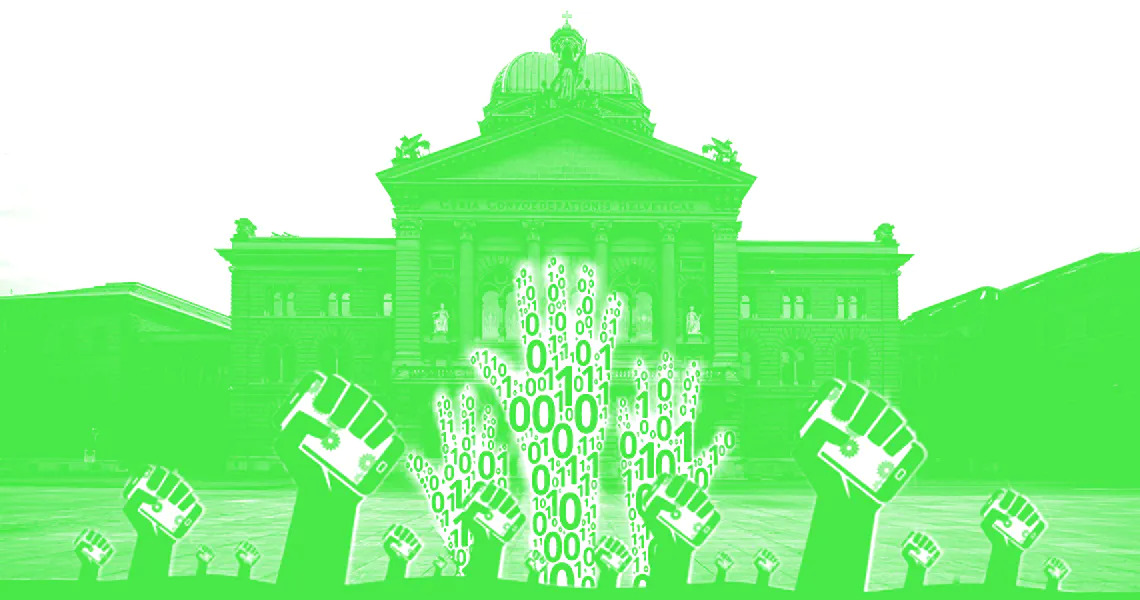A recent study shows: 4 out of 5 popular initiatives are launched by established organisations (mainly parties and associations). APROPOS_Risiko-Dialog and the Association of Swiss Youth Parliaments want to change this and are developing the Digital Democracy Toolbox with the help of the Swiss UNESCO Commission. The aim here is to show the general public in concrete terms where they can participate digitally.
During the 2019 election year, APROPOS_Risiko-Dialog conducted various interactive discourse formats with experts and the general public in #DigitalFestival and #Schweizwählt. The jointly collected findings on #digitalDemocracy now flow into a meta #CivicTech tool. The Digital Democracy Toolbox was penned by a mixed team of civic tech lovers and was envented during the #VersusVirus hackathon. It is now being further developed by APROPOS_ in collaboration with the umbrella organisation of Swiss youth parliaments. The ultimate goal is to make the Swiss population aware of active participation with simple digital tools.
“There are already numerous civic tech tools such as platforms and applications that simplify political participation. But only a few people know about them or don’t see who or what is behind them. With the Digital Democracy Toolbox, we want to shed light on this civic tech jungle,” says project manager Nathalie Stübi of ARPOPOS_Risiko-Dialog.
Thanks to programme funding “Global Citizenship Education” from the UNESCO Commission, the toolbox prototype can be further developed and refined. An overview of national and international civic tech tools will help to facilitate digital political participation of the population also on global issues across national borders. It thus initiates a discussion on civic participation technologies and strengthens public engagement thanks to e-participation.
What is Civic Tech?
Civic Technology (Civic Tech for short) is the use of digital technologies to improve the political participation of the population. Specifically, it aims to better involve citizens in political planning and decision-making processes. This includes crowdsourcing processes, direct communication with political officials and voting for neighbourhood projects. A good example that has been used for a long time is the “Züri wie neu” service. With the webtool of the city of Zurich, citizens can easily report damage to infrastructure, e.g. to a bench or a street light, by entering the location, entering a description and uploading a photo.
Interested in more digital projects? At apropos.swiss you will find all the details on the activities of the Risk Dialogue Foundation in the area of digitalisation & society.

